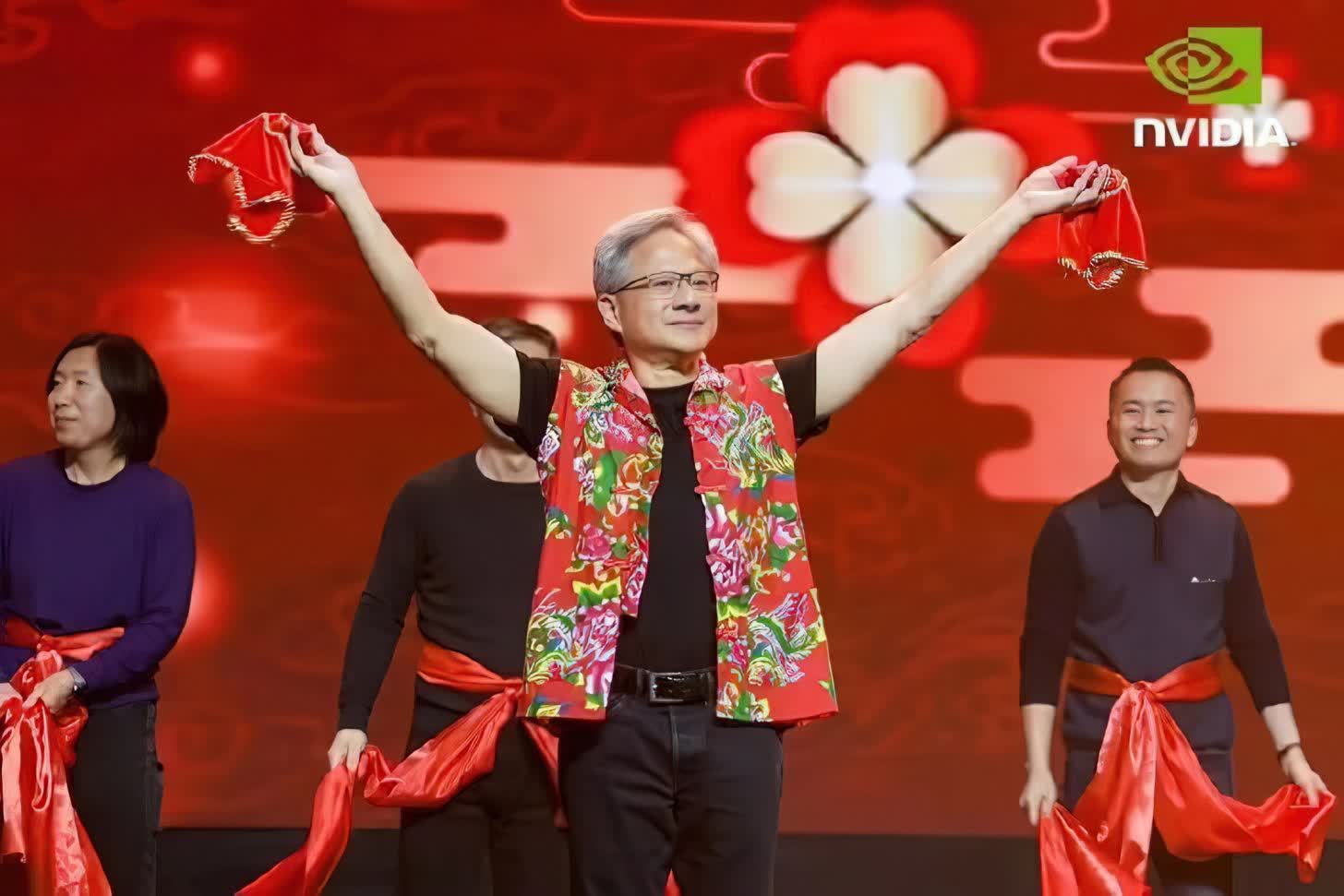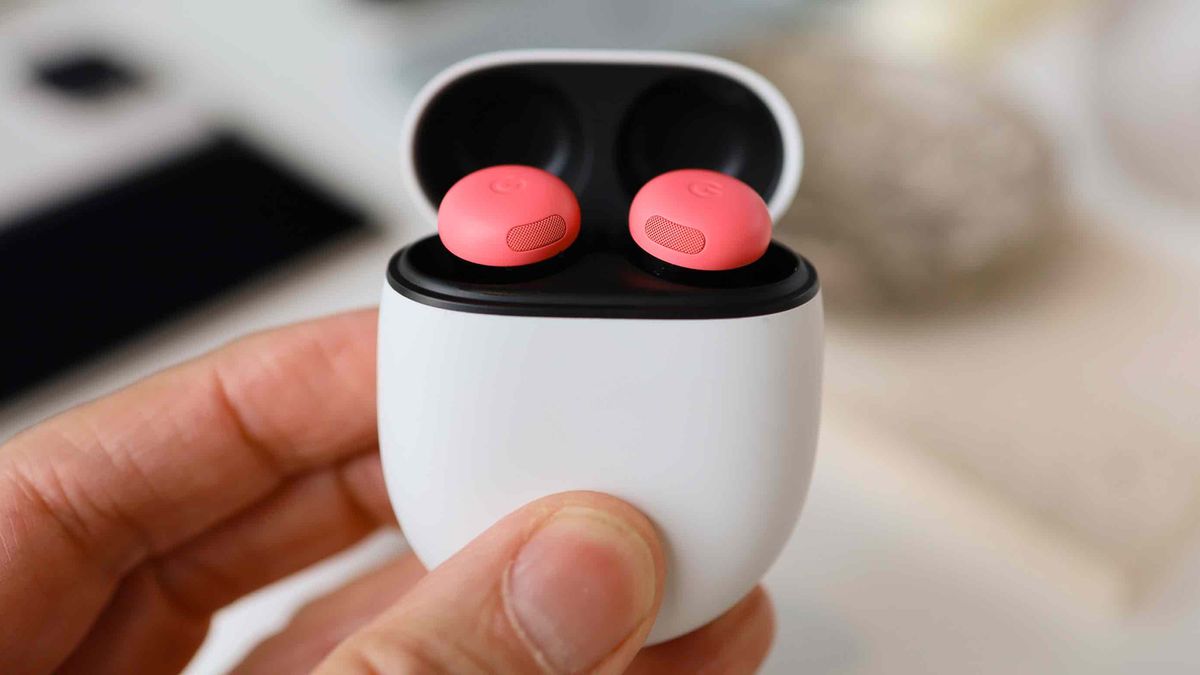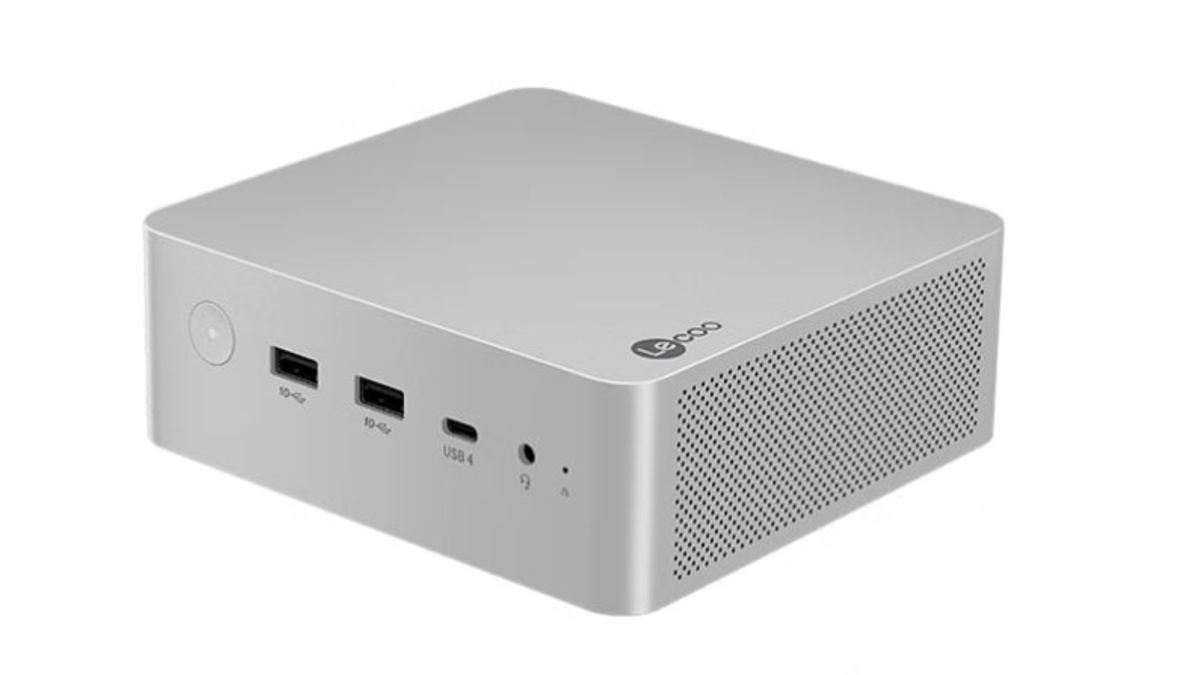Serving tech enthusiasts for over 25 years.
TechSpot means tech analysis and advice you can trust.
What just happened? Nvidia's relief at being allowed to resume export of its China-specific H20 chips may be short-lived. The country's cyberspace regulator says that it met with Nvidia to discuss national security concerns related to the H20, including potential tracking and backdoors.
The Cyberspace Administration of China (CAC) said that Nvidia was asked to "clarify and submit relevant supporting documentation regarding security risks, including potential vulnerabilities and backdoors, associated with its H20 computing chips sold to China." CAC was said to be worried that Chinese user data and privacy rights could be affected.
During an AI summit in Washington last week, Nvidia was given permission to resume sales of its H20 data center GPUs in China. The company was forced to stop sales of the chip, which is designed to stay below the US performance-density threshold, in April – a pause that cost Nvidia a $4.5 billion write-off. The White House reportedly restarted the sales to prevent China from overtaking the US in the global chip race.
US politicians have been pushing for a system that tracks Nvidia chips that are being smuggled into China, bypassing the US export bans. Experts say that much of the technology needed for this real-time tracking is already integrated into the chips. Republican Senator Tom Cotton and a bipartisan group of eight Representatives added the requirement to the US Chips Security Act, introduced in May.
CAC noted these calls in its post. It added that American AI experts had revealed that Nvidia's chips pose mature "tracking and positioning" and "remote shutdown" technologies.

Following his meeting with Trump, Nvidia CEO Jensen Huang made a visit to Beijing where he reaffirmed the company's commitment to the market and praised China's advances in the AI field. He also used the event to announce that sales of the H20 were expected to restart in the country.
Nvidia is believed to have placed an order for 300,000 chips with TSMC this week to meet demand for the H20 from Chinese buyers.
CAC never said what the Chinese government was considering should it decide that the H20 does pose a risk. Given that Trump blacklisted Huawei in his first term over national security threats, Nvidia and Huang are likely sweating right now.










 English (US) ·
English (US) ·